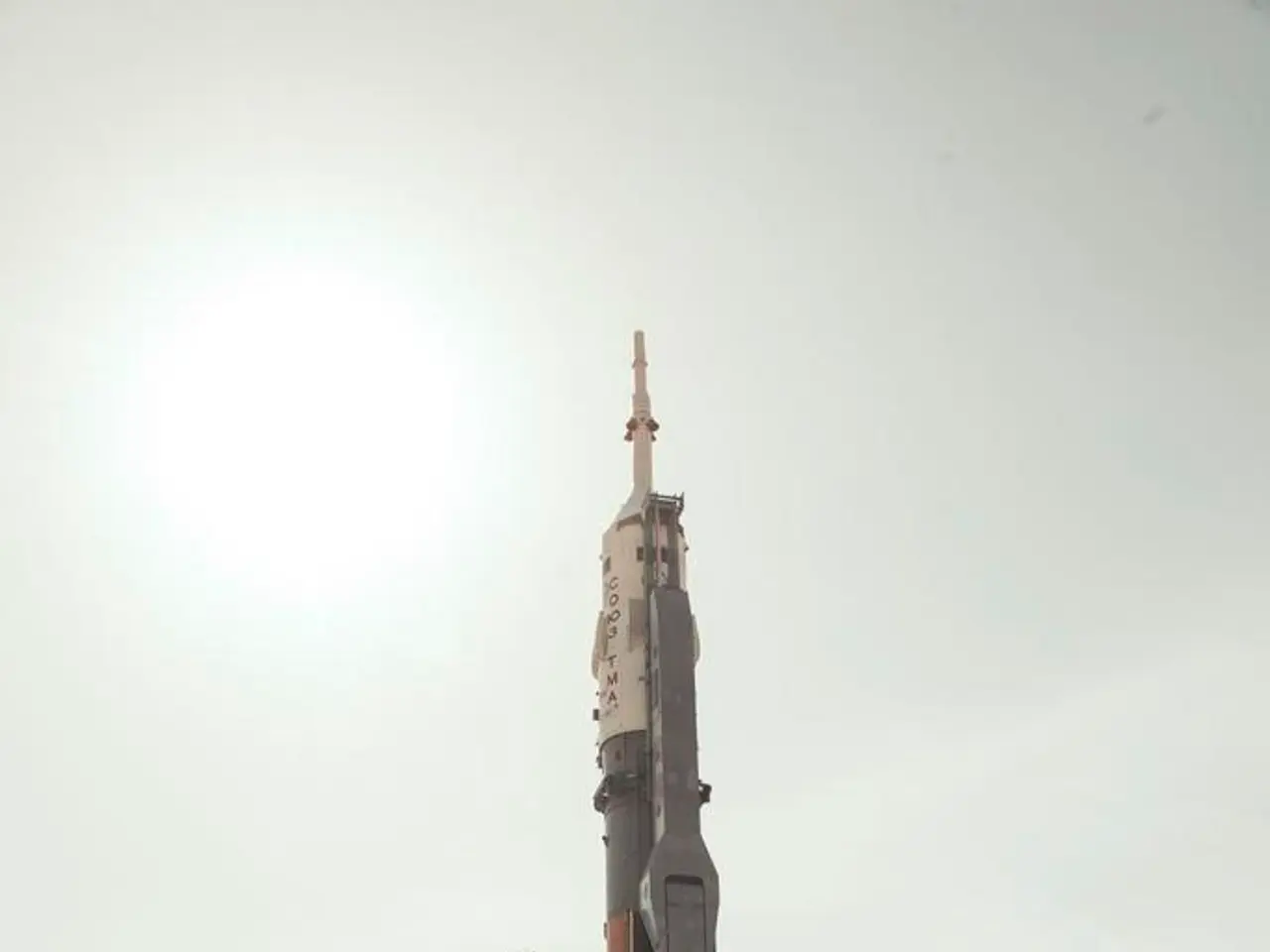Silicon Valley's Shift Towards Defense Startups in the Southern California Region
In a significant shift, the military is delving deeper into the tech world, aiming to boost its prowess in AI and advanced software. This trend is particularly evident in Southern California, where defense tech startups are flourishing.
One such startup, Mach Industries, founded by MIT dropout Ethan Thornton, recently moved from Texas to Huntington Beach. The company's relocation was strategic, aiming to tap into the rich aerospace and defense talent pool in the region. Mach Industries has already raised $185 million in venture funding and is making waves with its innovative projects.
The company's portfolio includes a vertical take-off cruise missile, capable of delivering a strike from at least 180 miles with the accuracy of a helicopter-launched rocket, without the need for a runway. Another intriguing project is a weapon that can be dropped into the stratosphere thousands of miles from its target and deliver an explosive with precision, even without GPS.
The defense sector in the Los Angeles area has seen a significant surge this year, with venture capital deals in defense tech companies exceeding $4 billion. This is more than double the $1.8 billion raised in all of 2024. K2 Space, a company that makes the primary power and structural components of satellites, has been a significant beneficiary of this growth, receiving both Silicon Valley venture capital and military seed funding.
The Army is also actively engaging with the tech industry, with executives from Meta, OpenAI, Palantir, and Thinking Machines Labs sworn in as reserve lieutenant colonels. The Army has also announced an effort to recruit senior tech executives to serve part-time as advisors.
The increasing focus on defense tech is reflected in the growing military spending. Last year, military spending in the U.S. grew by 9.4%, driven by the growing arms race with China and geopolitical conflicts in Ukraine, Gaza, and elsewhere. The U.S. spent nearly $1 trillion on military in 2024, making up roughly 37% of global outlays.
Notably, the U.S. Department of Defense has awarded contracts worth up to $200 million each to Google, Anthropic, OpenAI, and xAI, to support the agency’s "adoption of advanced AI capabilities to address critical national security challenges."
However, the most ambitious defense project, dubbed the "golden dome," was proposed by President Trump, with an estimated cost of $3.6 trillion over two decades. Despite this astronomical figure, the defense tech boom in Southern California suggests that the future of military technology is innovative, exciting, and rapidly evolving.
Read also:
- Industrial robots in China are being installed at a faster rate than in both the United States and the European Union, as the global market for these robots faces a downturn.
- Hyundai N affirms transition to hybrid performance-centric models, initiating with Tucson N
- EAFO Research Uncovers Crucial Elements in Electric Vehicle Adoption within the EU
- Stock markets in India anticipated a moderate opening, influenced by mixed signals from global markets.




